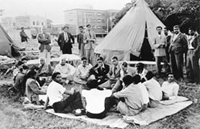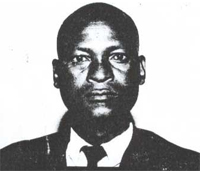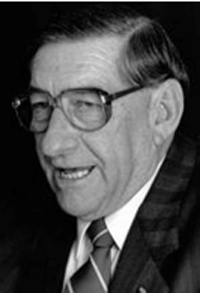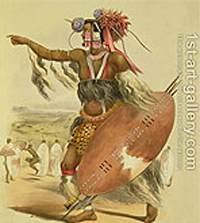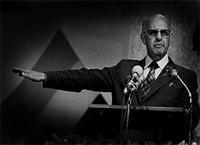This Day in History: September 18, 1980
Additional Date: September 18, 1980
The South African Prime Minister, P.W. Botha lashed out on the Buthelezi Commission of Inquiry concerning the future of Natal. Botha said that the National Party (NP) won’t serve on the Commission. Chief Buthelezi said the Prime Minister had told him the government was clear in its stance to the terms of reference to the Buthelezi Commission of Inquiry.
The NP government acknowledged his right to institute a commission of inquiry into the future of Natal and would be supportive of genuine and responsible political efforts seeking to establish new constitutional machinery in his state.

